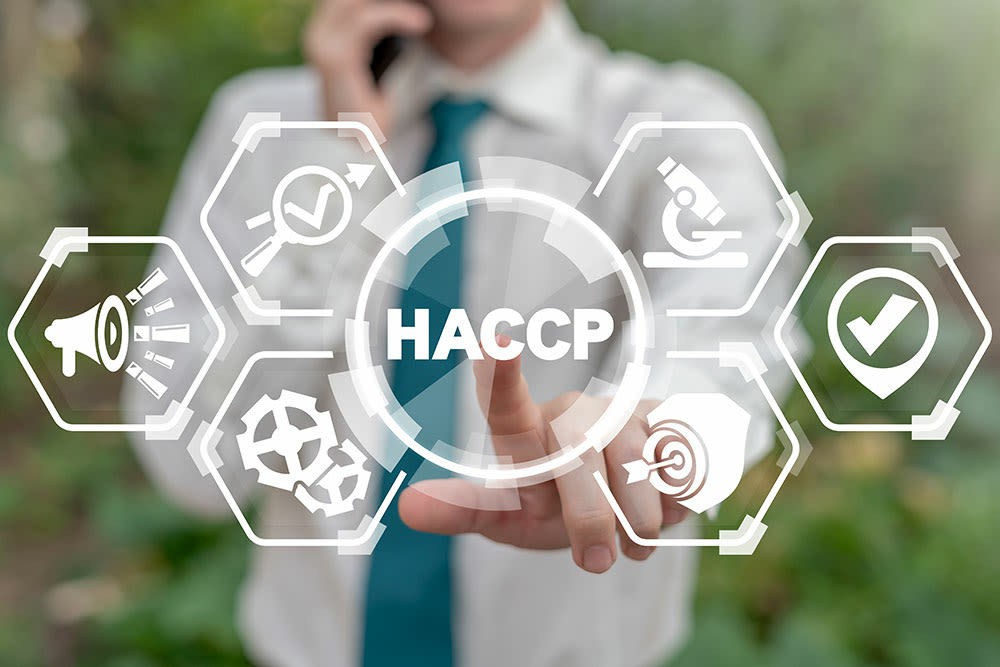Unlocking Food Safety Compliance: The Essential Role of HACCP Certification in Ireland's Dynamic Food Industry
In today’s ever-evolving food industry landscape, ensuring the safety of food products is paramount. For businesses across Ireland, from bustling Dublin to scenic Galway, HACCP (Hazard Analysis Critical Control Point) certification stands as a cornerstone of food safety and compliance. This comprehensive guide delves into the pivotal role of HACCP certification, how HACCP training courses empower food businesses, and the steps to secure this essential accreditation.
What is HACCP? Understanding Its Role in Food Hygiene & Risk Management
The HACCP system is a proactive approach that evaluates potential hazards at various stages of food production—from the farm to the table. By identifying critical control points where risks can occur, businesses can effectively manage food hygiene and mitigate health risks related to contamination. This structured, science-based process not only adheres to strict Irish and EU food safety regulations but also builds consumer trust.
HACCP Principles: The Foundation of Food Safety
- Conduct a Hazard Analysis: Identify potential hazards that could compromise food safety.
- Determine Critical Control Points (CCPs): Establish points in the process where controls can be applied to prevent or eliminate hazards.
- Establish Critical Limits: Define acceptable limits for each CCP to ensure safety.
- Monitor CCPs: Implement procedures for monitoring control measures at CCPs.
- Establish Corrective Actions: Outline actions to take if monitoring indicates a deviation from an established limit.
- Verification Procedures: Ensure that the system is functioning as intended through periodic verification.
- Record Keeping: Maintain documentation for all procedures, monitoring, and corrective actions.
HACCP Training Benefits: How It Ensures Food Safety Standards in Ireland
HACCP training courses are instrumental for various professionals in the food sector—including restaurant managers, catering services, and food handlers. Here’s why:
- Compliance with Regulations: Training provides the know-how to comply with Irish and EU food safety standards.
- Enhanced Food Hygiene: Knowledge acquired through training promotes best practices that prevent contamination.
- Risk Management: Effective identification and control of potential hazards lead to safer food production.
- Employee Empowerment: Training programs empower staff with essential skills to maintain safety protocols.
- Reputation Management: Strong compliance enhances a business's reputation amongst consumers.
Step-by-Step Guide to Getting HACCP Certification for Your Business
Obtaining HACCP certification involves a systematic approach that ensures compliance with safety standards:
- Enroll in HACCP Training: Begin with an accredited HACCP training course tailored to your specific industry needs.
- Develop a HACCP Plan: Create a detailed HACCP plan that addresses all aspects of your food handling processes.
- Implement the Plan: Ensure all staff are trained and fully understand how to implement the HACCP plan.
- Conduct Internal Audits: Regularly check compliance to identify and rectify any deviations.
- Schedule Certification Audit: Work with a recognized certifying body to conduct an external audit.
- Receive Certification: Once compliance is confirmed, receive your HACCP certification, demonstrating commitment to food safety.
Comparing Online vs. In-Person HACCP Training Courses
Choosing the right training format is crucial for your team’s learning. Consider these differences:
- Online HACCP Training: Flexible, self-paced learning that can be tailored to fit your team's schedule. Ideal for busy professionals.
- In-Person Training: Engaging sessions that allow for direct interaction, hands-on demonstrations, and instant feedback from trainers.
Common HACCP Violations and How to Prevent Them
Being aware of common violations can help mitigate risks:
- Proceeding without a Written HACCP Plan: Ensure your plan is documented and accessible.
- Failing to Train Employees: Regularly conduct training sessions to refresh staff knowledge.
- Neglecting Critical Monitoring: Consistent monitoring and documentation are vital for compliance.
Conclusion & Call to Action
HACCP certification is not just a regulatory requirement; it is a commitment to the safety and satisfaction of consumers in Ireland’s growing food industry. With comprehensive HACCP training available in cities like Dublin, Cork, Galway, Limerick, Waterford, and Belfast, there has never been a better time to take action.
If you are ready to elevate your food safety standards and achieve HACCP certification, enroll in our HACCP training course today or contact us at [email protected] for more information.



 349,500 Offered Certificates
349,500 Offered Certificates
 24/7 Online Training
24/7 Online Training
 Money Back Guarantee
Money Back Guarantee
 Fully Accredited Courses
Fully Accredited Courses
